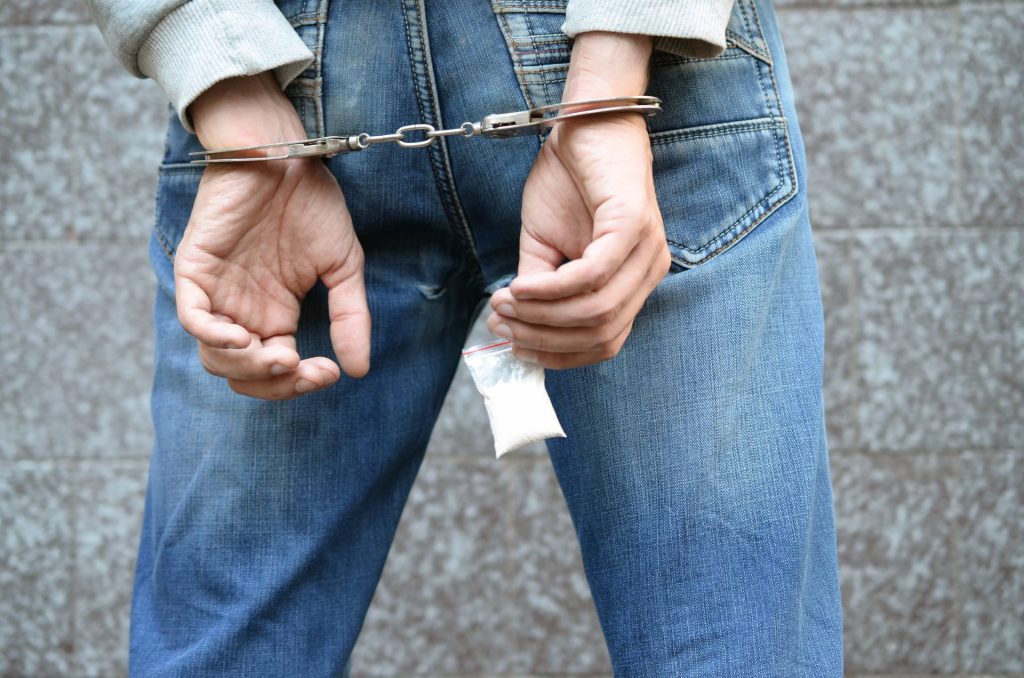What Does Colorado Consider Domestic Violence?
Domestic violence charges are serious criminal offenses that the justice system will harshly persecute. Under Colorado law, domestic violence is considered the act of physical violence against individuals or property in certain circumstances.
For a violent act to be defined as domestic violence in Colorado, the act must have been perpetrated against an individual with whom the accused has or previously had an intimate relationship. These individuals may include your current or former spouse, your romantic dating partner, or the parent of your child.
In Colorado, domestic violence is not a criminal offense all by itself; instead, it is an enhancement for a criminal violent act. What this means is that if you committed violence against a domestic partner, ex-spouse, or the parent of your child, courts will find that the crime was a domestic violence crime. As a result of the domestic violence enhancements, the accused may face longer sentencing and additional requirements if found guilty.
What is Considered Self-Defense?
Colorado laws allow you to argue that you acted in self-defense in three specific scenarios.
Suppose you were defending yourself within your primary residence. In that case, you have the right to use deadly force to protect yourself if you believe that another person is committing a crime that could use physical force against you.
If you were defending another individual from physical violence, you may have the right to use self-defense. Colorado law requires that you only use the necessary force to provide this defense. In most cases, deadly force will only be permitted if you think that the at-risk individual is in imminent danger of death, sexual assault, kidnapping, or significant bodily injury.
You may use reasonable and appropriate force to prevent harm from befalling property, theft, criminal mischief, and other similar criminal offenses. Deadly force is only permitted to defend yourself or another person if you believe that an individual is ready to commit first-degree arson.
What is an ‘Initial Aggressor’ Under Colorado Law?
In Colorado, self-defense is not an applicable legal defense if it is determined that the defendant was the initial aggressor in the violent act. The only exception to this rule is if the initial aggressor attempts to retreat and the other person continues to use force against them.
There is no clear legal definition for initial aggressors, so the jury is usually instructed to use a common understanding of the term. However, the lack of an official definition opens the door for several legal arguments that can be applied to initial aggressor factors in a case.
Essentially, however, the basic idea of the term initial aggressor is the individual that perpetuated the aggressive behavior first in domestic violence cases. The initial aggressive behavior does not need physical force but could be threats or impending danger.
Can You Claim Self-Defense in a Domestic Violence Case in Colorado Springs?
It is possible to argue for self-defense in a domestic violence case. You have the legal right to protect yourself from harm when facing an immediate and reasonable threat to your life or safety or the safety of another person. However, to successfully argue a self-defense claim, you must consider several factors in your legal case. For example, the threat of physical harm must have been immediate, and your use of force must have concluded once the danger has passed. If you continued to use force after the threat had passed, your self-defense argument may not apply.
In self-defense cases, you must have had reasonable belief to suggest that you are in danger based on your understanding of the circumstances at the time of the incident. Also, your use of force must have been proportional to your threat. The use of excessive force could weaken your self-defense claims.
If you present a case of self-defense, the prosecution bears the burden of proof to disprove self-defense beyond a reasonable doubt.
There may be multiple pieces of evidence that you could present for your self-defense claims. Photographs of your injuries, witness statements, medical records, and a known history of domestic abuse may be valuable pieces of evidence to your criminal defense attorneys.
Is Colorado a ‘Stand Your Ground’ State?
A critical factor about Colorado’s self-defense laws is that Colorado is a stand-your-ground state. In stand-your-ground states such as ours, you are not obliged to retreat from violent confrontations before using physical force in your defense. However, there are certain limitations to stand-your-ground laws in Colorado. For example, if you were the initial aggressor, you must retreat from the situation. If you fail to retreat from the situation, you have no right to argue self-defense.
Additionally, Colorado has a law known as the Make My Day law. This law allows individuals to use force when an intruder enters their home. The Make My Day law derives from the castle doctrine, which states that homeowners can expect absolute safety within their residences.
If you believe that someone has entered your home to cause serious bodily injury, death, or commit burglary, you have the right to use deadly force to defend yourself and your loved ones.
What Are Different Types of Evidence in Colorado Springs Domestic Violence Cases?
Types of evidence in domestic violence cases, including those involving self-defense claims, include the following:
- Broken personal property is a form of physical evidence that could be used to exonerate the accused. Items that were thrown, used as weapons, or otherwise destroyed during the event could help illustrate what happened during the incident
- Electronic communications between parties before, during, and after the domestic violence incident could be used to offer insight into the dynamics of the situation and the state of mind of both parties
- Expert testimony from forensic experts and medical professionals may be used to testify that the defendant’s use of force was reasonable
- Eyewitness statements can provide crucial insights into what transpired and who was the actual aggressor
- If available, surveillance footage from nearby cameras could have caught the altercation as it happened, providing visual evidence of the circumstances of the incident
- Medical records are valuable pieces of evidence for victims in domestic violence cases. A medical report of your injuries, as well as any pre-existing injuries, could be vital to your testimony
- Pictures and videos from the time of the incident. Not only may photographic evidence document injuries, but it also provides timestamps, location information, and potential information about the initial aggressor. In many domestic violence cases, the alleged victim is the one who collects photographic evidence. However, if you were wrongfully accused and acted in self-defense, this type of evidence could be used to defend your innocence
- Police reports and investigation findings should be reviewed to reveal details about the circumstances leading up to the assault
- Prior threats and aggressive behavior from the alleged victim towards the defendant could help support the argument of self-defense
- The alleged victim’s testimony should be scrutinized, reviewed, and compared with other evidence to determine how truthful the victim is. It is unfortunate, but there are many false allegations of domestic violence in Colorado every year
Schedule a Free Case Evaluation with Experienced Criminal Defense Attorneys in Colorado Springs Today
Those accused of domestic violence in Colorado Springs must retain professional legal representation from experienced criminal defense attorneys. There are many potential legal strategies available for those charged with domestic violence crimes. Still, lawyers must have a chance to review the specifics of your case and begin building a fence sooner rather than later. If you have been accused of domestic violence, please contact our Colorado Springs law firm to schedule your free initial consultation today.
To learn more about our legal services and how we may be able to assist you during this challenging scenario, please contact our Colorado Springs law firm to schedule your free consultation today.
You can reach us at 719-451-7469.





